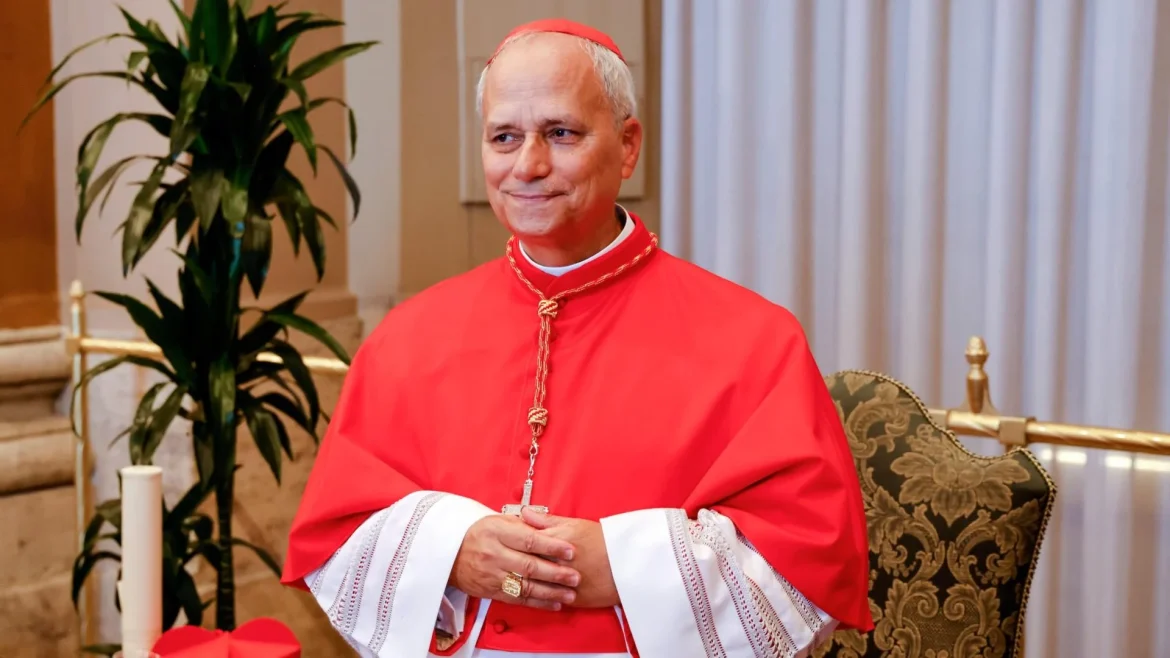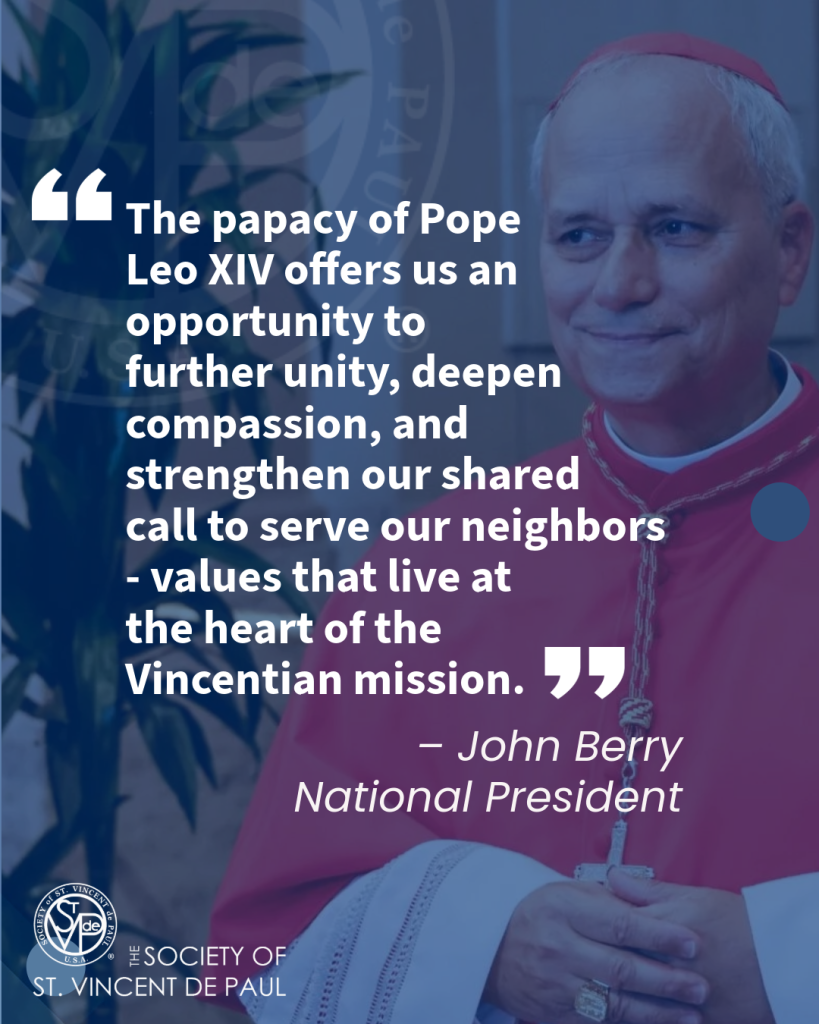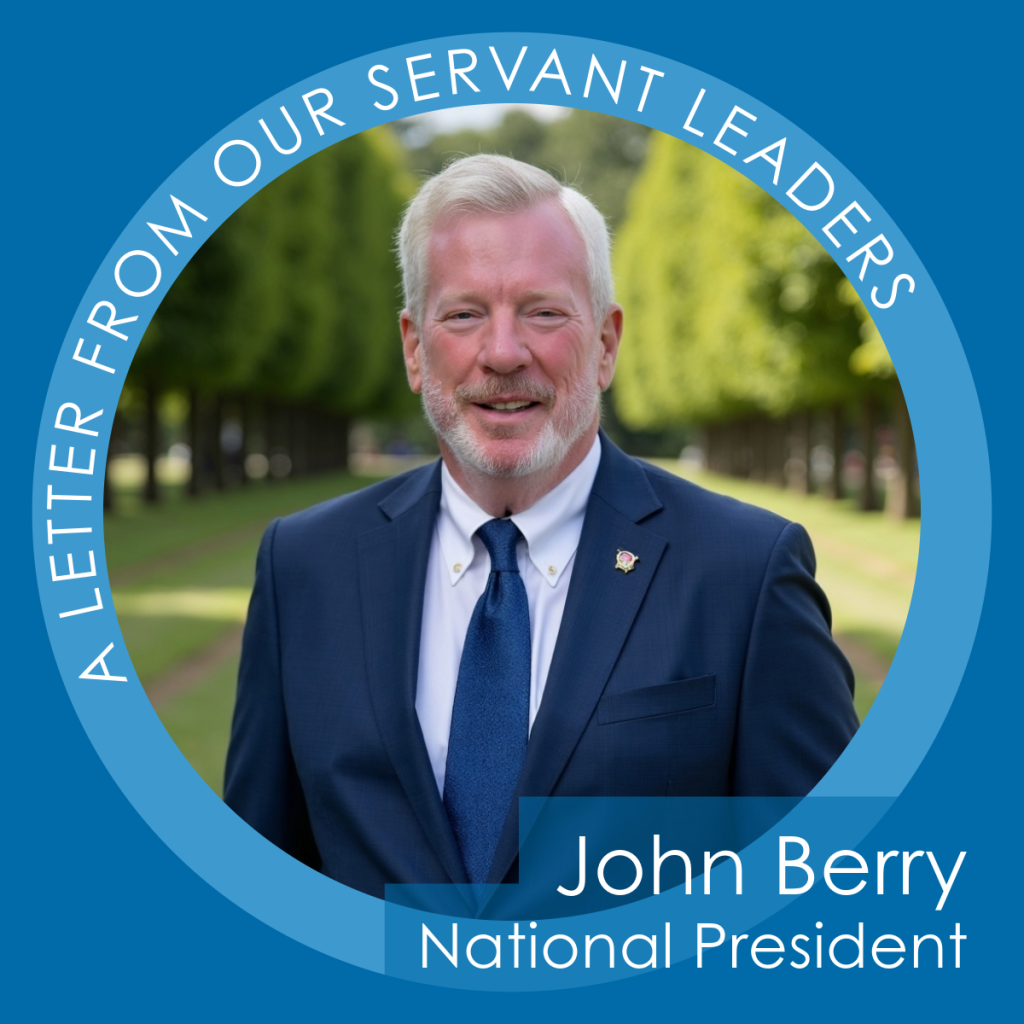
Finding Hope in God’s Unexpected Gifts
Two weeks ago, in my Servant Leader column, I wrote about the temptation of doing too much and the need to avoid falling into the trap of trying to save the world, while only hurting yourself.
That column received a lot of comments on the National website, and people expressed appreciation for what I said. I am extremely glad for that, because it is my prayer that the columns I write provide some value for those of you who read them.
But some people reached out to me privately (you can ALWAYS do that by sending me an email at jberry@svdpusa.org) and asked for more. How, they asked, can we become renewed. How do we face the daily challenges of life without just throwing up our hands and walking away?
Let’s face it. This is an incredibly stressful and challenging time for all of us. I do not care if you are a conservative or a liberal, a Democrat or a Republican, or someone who is just trying to get along, these are unsettling times. Wars, division, vitriolic discourse, violence in our streets. If you are not stressed, you are not awake.
But you know what? This is not the first time we’ve lived through contentious times, and it will not be the last. Life, in its unpredictable journey, often brings us to moments that feel unbearably heavy. There are times when everything seems to go wrong — relationships falter, dreams crumble, health fails, or loneliness creeps in. In these moments, the world can appear colorless, and hope can feel like a distant memory. Yet, for those who are willing to open their hearts, there is a profound truth: Even in the darkest times, God has a way of offering us hope, often in the most unexpected forms. It is in moments of despair that, if we are receptive, we can see the gentle, persistent ways in which God reaches out to us, reminding us that we are never truly alone.
Suffering is an inescapable part of being human. Whether it is the loss of a loved one, the pain of betrayal, or the weight of personal failure, everyone has times when life simply stinks. These periods can feel endless, and the temptation to give in to despair is real.
For many, faith is both a refuge and a challenge during suffering. It is easy to believe in God’s goodness when life is going great, but faith is truly tested when the storms come. The question arises: Where is God when everything falls apart? The answer, though not always immediate or obvious, often lies in the subtle ways God communicates with us — through people, moments, and even the quiet stirrings of our own hearts.
Gifts of Hope/Our Essential Elements
When life is at its lowest, hope can arrive in the most unexpected ways. Sometimes, it is a kind word from a stranger, a sunrise after a sleepless night, or a song that plays just when you need it most. Other times, it is the unwavering support of a friend, a passage of scripture that speaks directly to your pain, or a sudden sense of peace that defies explanation. These are not coincidences; they are reminders that God is present, working behind the scenes, orchestrating moments of grace.
Consider the story of Elijah. After a great victory, Elijah found himself running for his life, exhausted and ready to give up. He cried out to God, expressing his hopelessness and desire to die. Yet, in his lowest moment, God sent an angel to provide food and rest. Later, God spoke to Elijah not in the wind, earthquake, or fire, but in a gentle whisper. This story illustrates that God’s hope often comes quietly, requiring us to listen with open hearts.
Receiving hope from God is not a passive act; it requires openness and vulnerability. When we close ourselves off in bitterness or despair, we risk missing the subtle ways God is trying to reach us. Opening our hearts means being willing to see beyond our pain, to look for signs of grace even when circumstances seem bleak.
This openness is an act of faith. It is choosing to believe that, despite appearances, God is still at work. It is trusting that, as the Psalmist wrote, “Weeping may endure for a night, but joy comes in the morning” (Psalm 30:5). It is allowing ourselves to be surprised by joy, to find beauty in brokenness, and to accept that hope can coexist with sorrow.
Many of you, no doubt, can attest to moments when, just as they were about to give up, something shifted, providing an unmistakable sign of hope. For some, it is the birth of a child after years of longing. For others, it is a job opportunity that arrives at just the right time, or a reconciliation with a long-lost friend. And for many of us, it was a personal encounter with someone in need that we helped through our work as a Vincentian. These moments offer a reminder that life, even at its worst, is not devoid of meaning or purpose. Those moments of renewal remind us why our vocation as Vincentians is so powerful and can help remind us that our essential elements of Spiritual Growth and Friendship are deepened by the element of Service, thus forming a trinity of interrelated gifts that can strengthen and renew us.
These moments of clarity are so powerful because it aligns with a sense of God’s presence, providing reassurance and hope exactly when you need it most. They should anchor our trust in God, reinforce our belief that He hears and responds, and encourage us to move forward with confidence, even in uncertainty. This direct experience of God’s guidance transforms faith from an abstract belief into a lived reality, deepening our relationship with Him and empowering us to face future challenges with greater resilience and hope.
Often, and powerfully, God’s hope comes through the people around us. This is why Friendship is such a vital and important Essential Element of our Vincentian charism. A supportive community can be a lifeline in times of trouble. When we are open about our struggles, we invite others to share in our burdens and to offer comfort. In turn, we become vessels of hope for others, allowing God’s love to flow through us. Friendship does not just mean coffee and donuts at a Conference meeting! It means being there as a lifeline for our Vincentian sisters and brothers who are teetering on the edge, who need us to be the conduit to bring them to God.
So too, is our Essential Element of Service. Acts of kindness, no matter how small, can be powerful reminders of God’s presence. A meal delivered to a grieving family, a note of encouragement, or a listening ear can be the very thing that helps someone hold on. In giving and receiving compassion, we take part in the divine work of bringing hope to a hurting world.
Suffering is Not the End of the Story
In the end, hope is not the denial of suffering, but the assurance that suffering is not the end of the story. By opening our hearts to God’s gifts, we allow ourselves to be surprised by grace, to find light in the darkness, and to discover that, even when life is at its worst, we are never without hope.
Peace and God’s blessings,
John



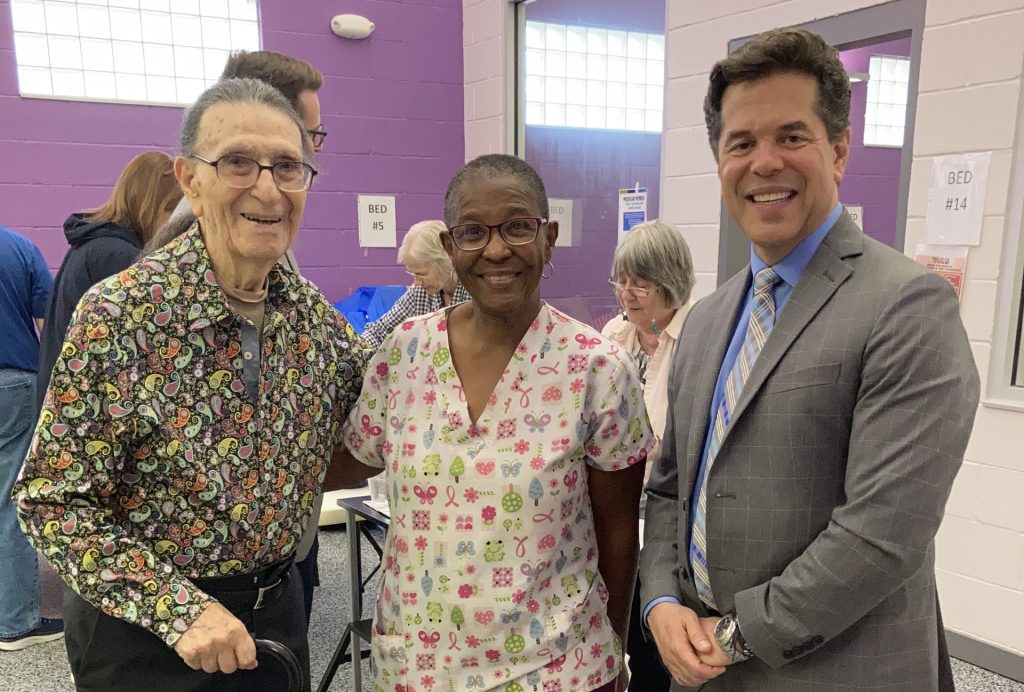
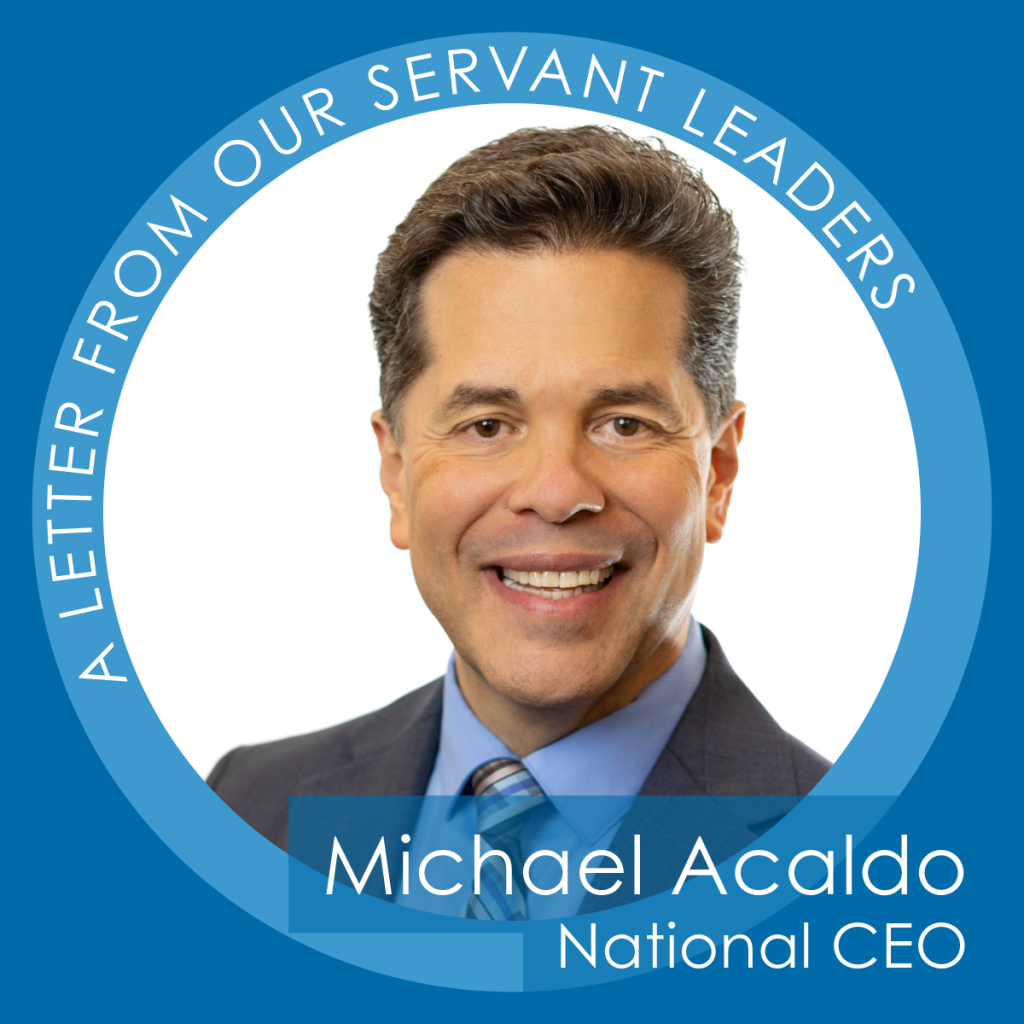 Inspiration and Innovation: Living Our Vincentian Charism in Today’s World
Inspiration and Innovation: Living Our Vincentian Charism in Today’s World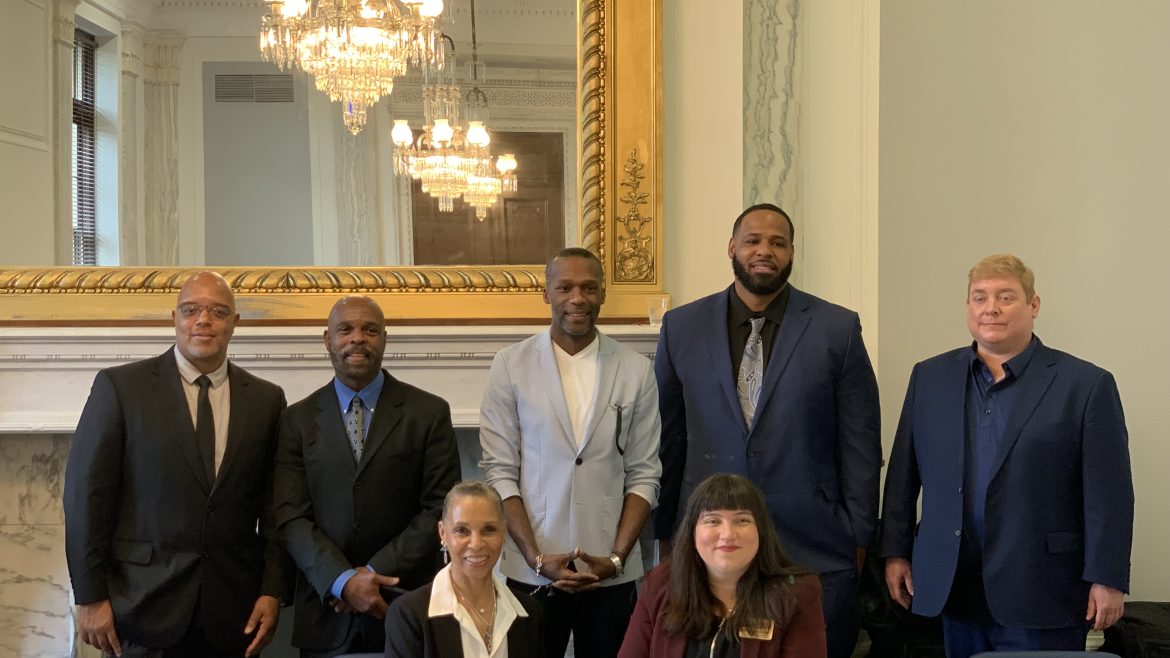
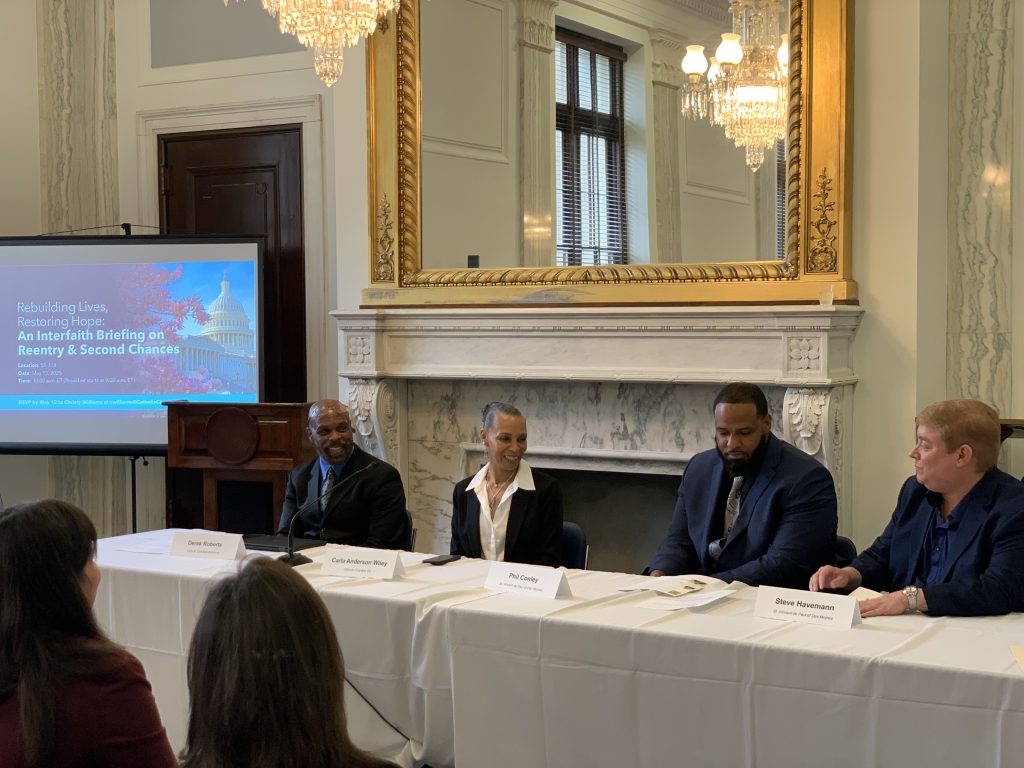
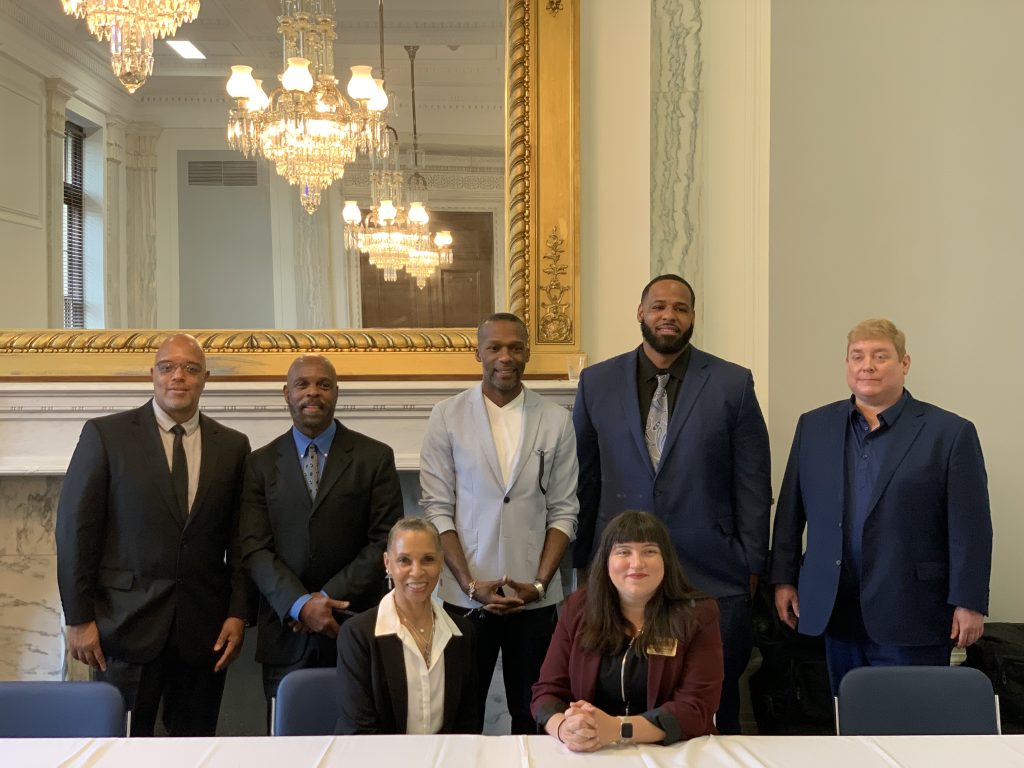
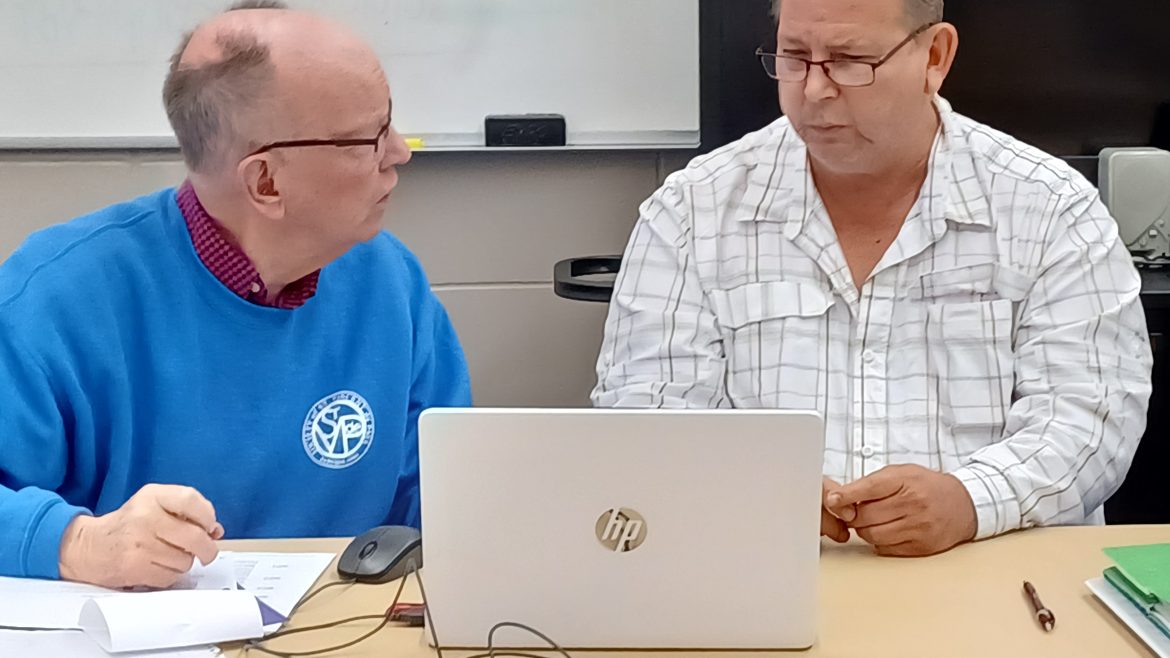
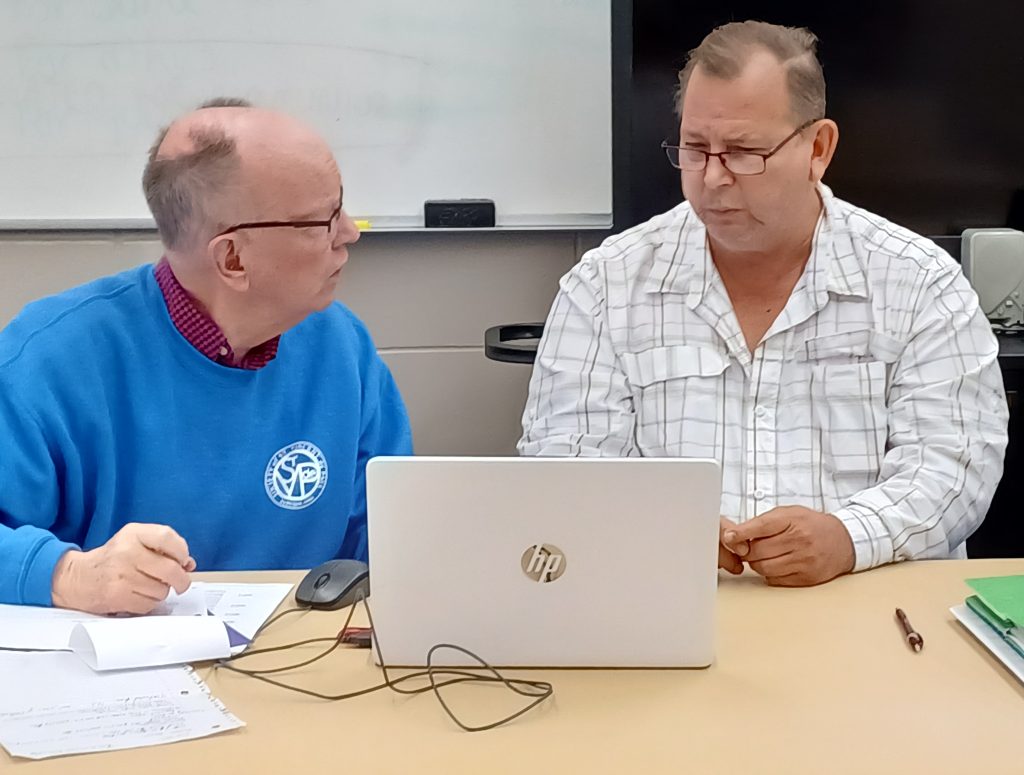
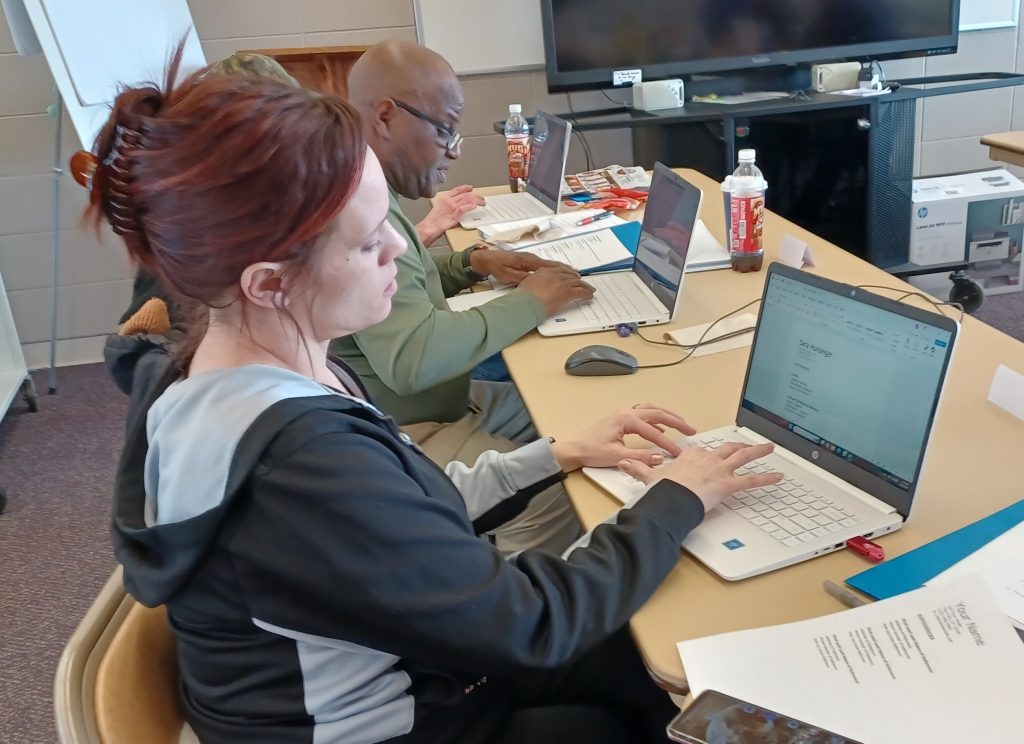
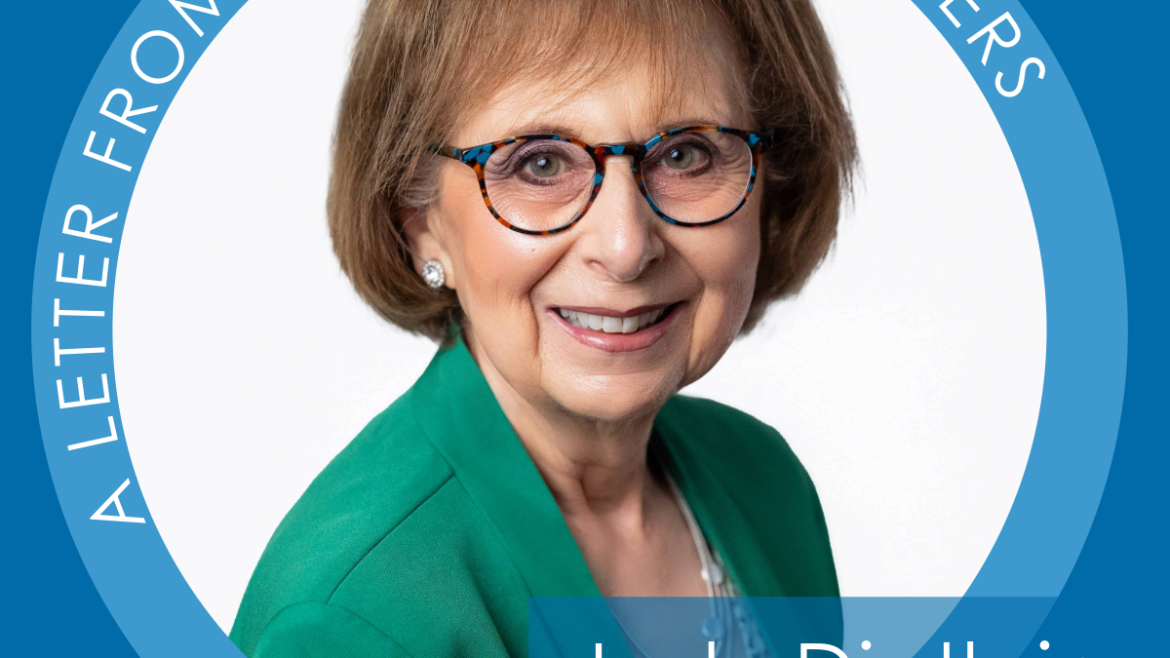
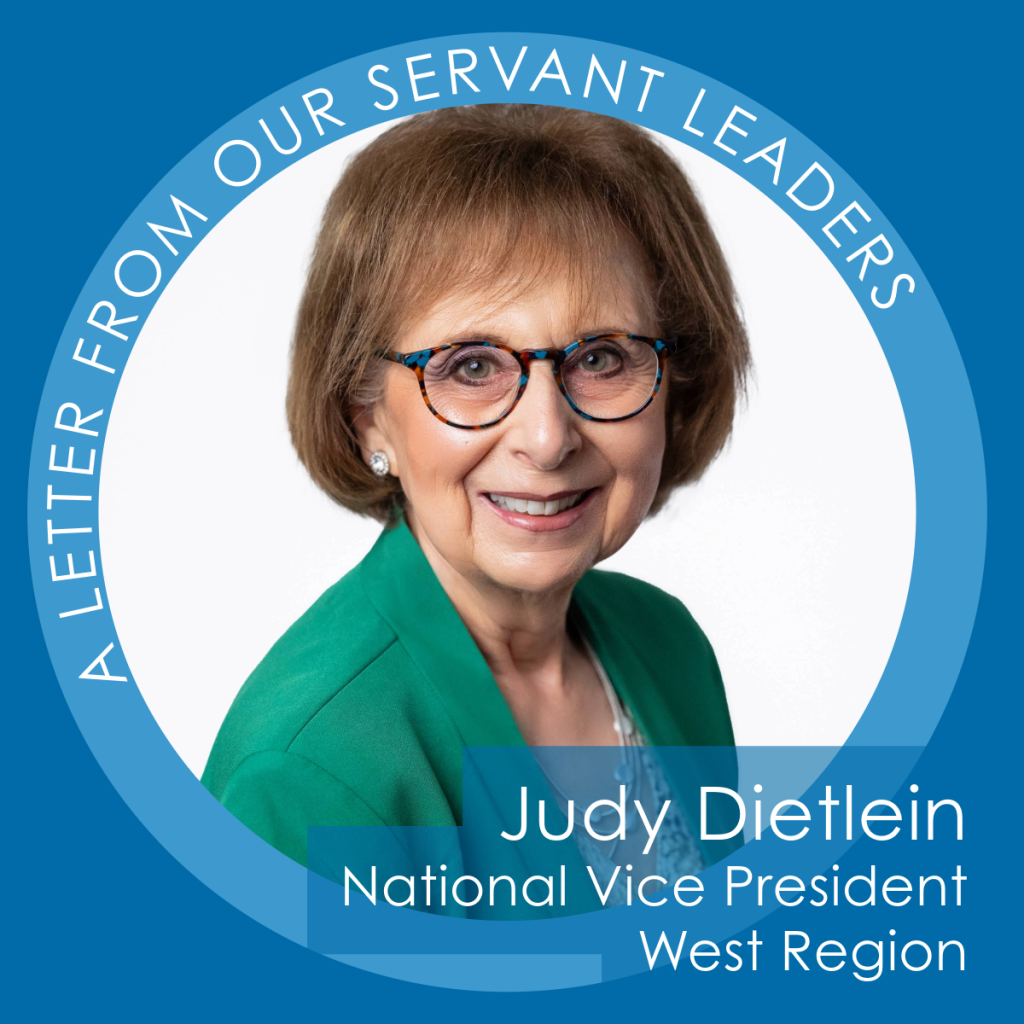 Embracing the Call to Servant Leadership
Embracing the Call to Servant Leadership